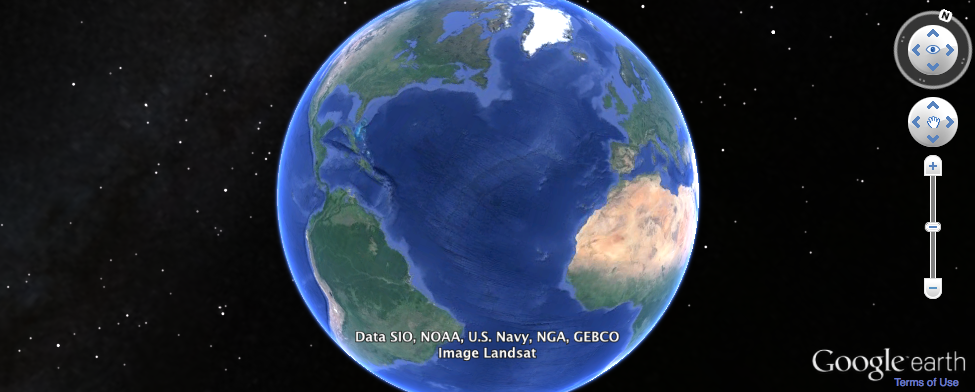

Does Google Maps reflect national borders, or does it create them? What are the political and legal ramifications when a country disagrees with the map? That’s what a new paper called Google’s World, in the Columbia Journal of Transnational Law, examines.
Author Ethan R. Merel points out that “if a border is disputed by two or more states, the border as seen on Google’s services will adhere to the beliefs of Country A when accessed from within that country, while simultaneously adhering to the beliefs of Country B when accessed on its local servers.”
Merel discusses how this policy–displaying different versions of the map to different users–could be the basis for conflict:
Disputes have already happened due to Google Maps, such as one between Costa Rica and Nicaragua. Because of the power it wields, writes Merel, “Google’s role in geopolitics is far more comparable to that of a state or an international adjudicator than its corporate counterparts.”
Merel believes it will be necessary for a supranational organization, such as the United Nations, to settle conflicts arising from conflicting maps. Both Google and the UN acknowledge difficulties with a plan such as this. The U.N. Regional Cartographic Conferences meet every four years, not nearly frequently enough to settle disputes as they arise. As for Google answering directly to the U.N., Merel writes, “Google acknowledged that relying on U.N. information as authoritative is appealing, but that U.N. publications are both insufficiently detailed and often officially neutral on questions of toponymy.” In other words, Google would be willing to use the U.N.’s maps, but they’re not as detailed as Google’s.
“Ultimately,” according to Merel, “the decision is left to traditional state-based actors to decide if the twenty-first century marks the era in which they willingly abdicate control over cartography, or if they will evolve to stay relevant.”
Read Merel’s full paper in the Columbia Journal of Transnational Law.
Update: A Google spokesperson reached out to Popular Science with the following statement:
Author’s note: The author and Ethan R. Merel attended college together.
